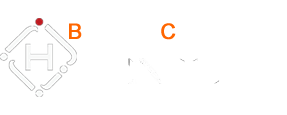What are the main materials of the battery
The battery is mainly composed of positive plate, negative plate, separator, battery shell, cover, lead nail, positive pole, negative pole, rubber cap and electrolyte.
Functions of each part:
Polar plates
The plates are divided into positive and negative groups. In the charging state, the positive plate is lead dioxide (PbO2), which is brown, and the negative plate is pure lead (Pb), which is light gray. Each single battery has one more negative plate, that is, each positive plate is between the two negative plates.
In order to prevent positive and negative plates from contacting each other and causing internal short circuit and self discharge. Therefore, there is a partition between the positive and negative plates. The sealed valve regulated lead-acid battery uses a glass fiber partition. This material can not only isolate, but also absorb electrolyte, and is not easy to be corroded by acid.
It is made of hard rubber (plastic) and used to place the electrode plate group and hold the electrolyte.
It can be divided into positive pole and negative pole. It is mainly used as the identification point of storage point.
The lead nail can be used as a current path to connect the positive and negative electrodes of two single batteries.
Rubber cap is mainly used to seal and discharge water vapor.
Electrolyte
It is a mixture of pure sulfuric acid and distilled water (dilute sulfuric acid).
What are the main materials of the battery
The structure of automobile lead battery mainly consists of positive (negative) electrode plate, separator, electrolyte, tank shell, connecting bar and pole post.
1. The positive and negative plate group is the main component of the lead battery, and each group is composed of several plates arranged in parallel. The electromotive force can be obtained by immersing the positive and negative plates into the electrolyte through chemical reaction.
2. The clapboard is clamped between the positive and negative plates to prevent short circuit due to the contact between the positive and negative plates.
3. The electrolyte is prepared from pure sulfuric acid and distilled water.
4. The shell is an integral structure.
--End--
